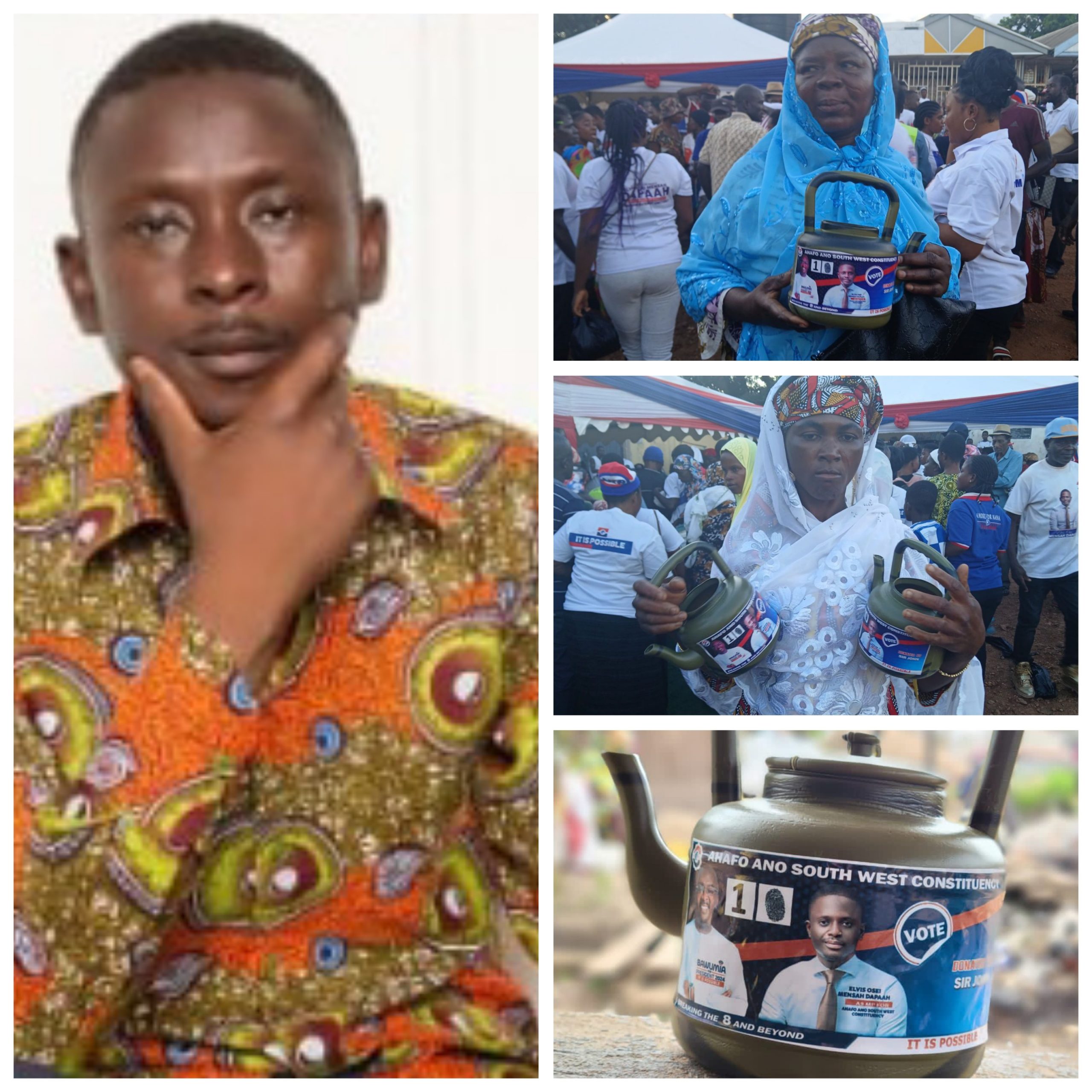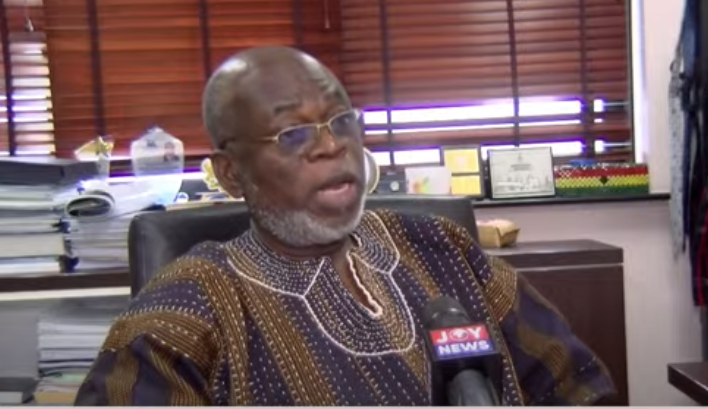Nursing and Midwifery Training College, Tepa, Organizes Workshop for Tutors on Teaching and Learning Strategies in Higher Education
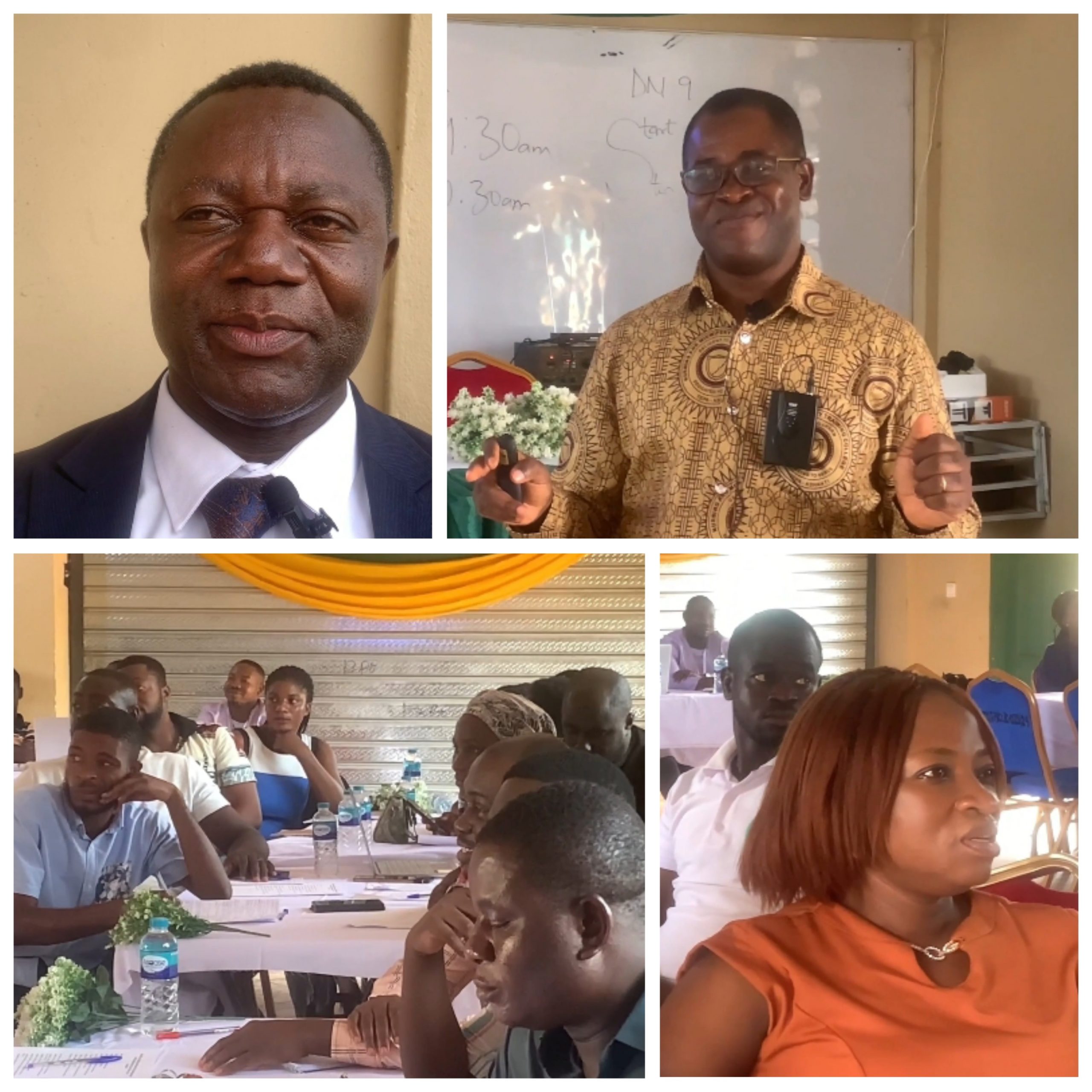
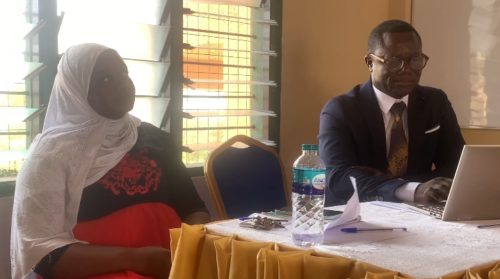
The Nursing and Midwifery Training College (NMTC), Tepa, held a capacity-building workshop for tutors to enhance their teaching methodologies and professional development. The workshop aimed at equipping academic staff with modern teaching techniques, fostering continuous learning, and ensuring the effective administration of educational policies.
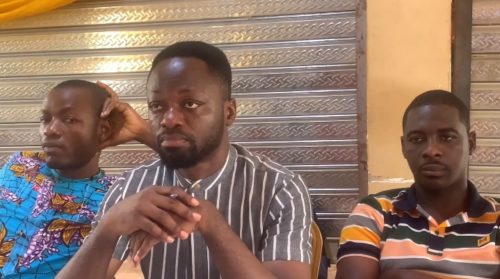
The two-day event brought together key stakeholders, including the Principal, tutors, and administrative staff, to discuss crucial topics such as fostering 21st-century skills, innovative teaching methods, staff development, institutional planning, legal frameworks in education, IT integration, and deregistration policies.
FOSTERING 21st-CENTURY SKILLS IN HIGHER EDUCATION
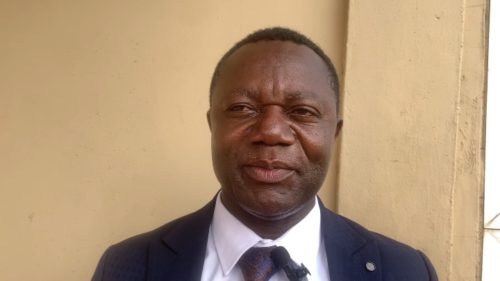
Addressing the gathering Dr Albert Opoku Principal, NMTC Tepa , In his opening presentation, emphasized the need for incorporating 21st-century skills in higher education, especially in nursing and midwifery training. He highlighted four key competencies that students must develop to thrive in the modern healthcare environment:
1. Critical Thinking and Problem-Solving – Encouraging students to analyze complex situations, make informed decisions, and develop innovative solutions in clinical settings.
2. Communication and Collaboration – Enhancing teamwork and professional communication among students to improve patient care and interdisciplinary cooperation.
3. Digital Literacy – Incorporating technology into nursing education, ensuring students are proficient in digital tools such as electronic health records (EHR) and telemedicine platforms.
4. Adaptability and Continuous Learning – Preparing students to embrace lifelong learning and stay updated with medical advancements, policies, and procedures.
He urged tutors to integrate these skills into their teaching strategies to produce competent, future-ready healthcare professionals.
TEACHING AND LEARNING METHODS/STRATEGIES IN HIGHER EDUCATION:
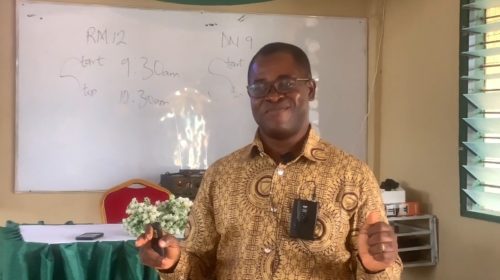
Guest Speaker Dr. Atta Poku Collins,This session focused on modern and effective teaching methods that improve knowledge retention and student engagement. Mr. Atta Poku Collins introduced various pedagogical approaches, including:
Student-Centered Learning – Encouraging active participation rather than passive reception of information.
Blended Learning – Combining traditional classroom teaching with online resources and virtual simulations.
Problem-Based Learning (PBL) – Presenting real-life healthcare scenarios to help students develop critical thinking and problem-solving skills.
Collaborative Learning – Engaging students in group projects, peer reviews, and discussion forums to enhance teamwork.
Technology-Enhanced Learning – Using multimedia tools, interactive simulations, and digital platforms to deliver lessons more effectively.
He encouraged tutors to adopt these strategies to make learning more interactive and practical.
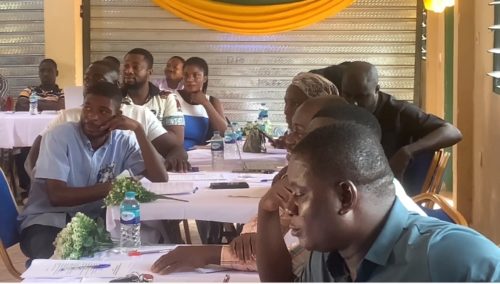
PREPARING STAFF FOR CONTINUOUS STUDIES (MASTER’s AND PHD.) AND GRANT OPPORTUNITIES:
Mr. Ofori Mankata highlighted the importance of continuous education for tutors. He outlined the benefits of further studies, including career advancement, improved research skills, and contribution to institutional development.
He provided insights into:
Available Master’s and Ph.D. programs in nursing, midwifery, and healthcare education.
Grant and scholarship opportunities for higher education.
Application processes and requirements for local and international universities.
Strategies for balancing work and studies, including study leave policies and time management tips.
He encouraged tutors to take advantage of these opportunities to enhance their academic and professional credentials.
ACTION PLAN FOR THE YEAR 2025:
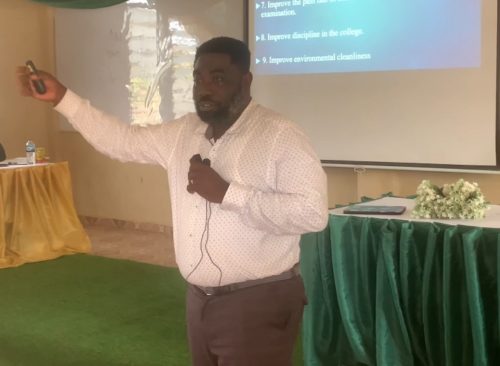
Rev. Williamson Bonaventure Eshun outlined the institutional action plan for 2025, which focused on:
Academic Excellence – Enhancing the curriculum, introducing new courses, and improving practical training sessions.
Infrastructure Development – Upgrading facilities, including lecture halls, laboratories, and student hostels.
Staff Development – Organizing more capacity-building workshops, encouraging higher education, and supporting professional certifications.
Technology Integration – Expanding the use of digital tools in teaching and administration.
Student Welfare – Implementing better support systems for students, including counseling services, mentorship programs, and financial aid schemes.
The plan aims to position NMTC Tepa as a leading institution in nursing and midwifery education in Ghana.
LEGAL IMPLICATIONS ON EXAMINATIONS IN HIGHER EDUCATION:
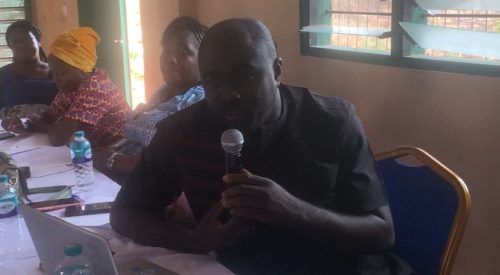
Mr. Jones Afriyie Anto focused on the legal and ethical considerations in conducting examinations. Mr. Jones Afriyie Anto highlighted:
Examination Malpractices – Identifying and addressing issues such as cheating, impersonation, and unauthorized materials.
Student Rights and Responsibilities – Ensuring fairness in grading, handling appeals, and providing feedback.
Institutional Policies on Assessments – The need for clear guidelines on exam administration, security, and integrity.
Consequences of Non-Compliance – Disciplinary actions for students and staff involved in examination malpractice.
Tutors were advised to uphold ethical standards and enforce strict examination policies to maintain academic integrity.
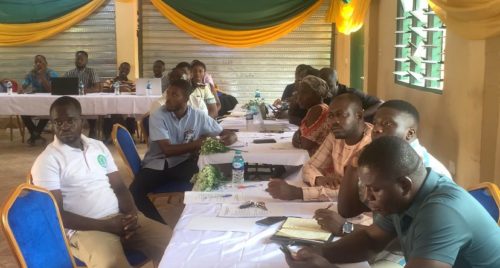
THE USE OF IT FOR STUDENT ASSESSMENT:
Mr. Asafo Agyei demonstrated how technology can enhance assessment processes, covering:
Online Examination Platforms – Tools for conducting digital assessments and reducing paperwork.
Automated Grading Systems – Use of AI and digital tools for quick and efficient grading.
Feedback Mechanisms – Providing timely and constructive feedback through digital platforms.
Data Analytics in Education – Tracking student performance trends and making data-driven academic decisions.
Tutors were encouraged to adopt these technologies to streamline assessments and improve learning outcomes.
The session emphasized the need for tutors to provide academic support and guidance to at-risk students to reduce deregistration rates.
TUTORS SHARE THEIR EXPERIENCE AND TAKEAWAYS:
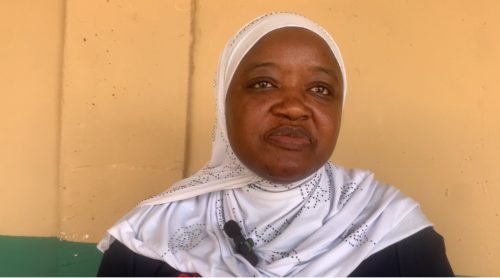
Many tutors who participated in the workshop expressed their enthusiasm for the knowledge they gained, stating that the sessions have deepened their understanding of effective teaching methods, assessment techniques, and professional development opportunities.
“I have learned new and exciting ways to make my lectures more interactive. The student-centered learning approach and the integration of technology in assessments will significantly enhance the way I teach,” said one tutor.
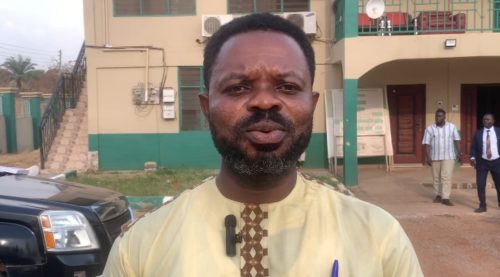
Another tutor, who found the session on legal frameworks in examinations particularly helpful, stated, “I now have a clearer understanding of examination policies and the importance of maintaining academic integrity. This will guide me in ensuring fairness and discipline in my assessments.”
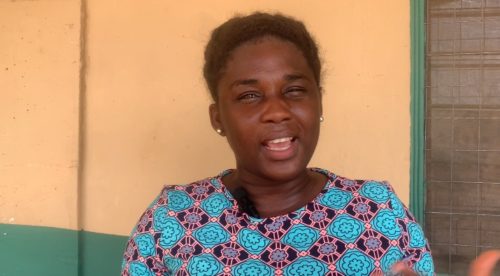
A participant also highlighted the importance of staff development opportunities, saying, “The discussion on scholarships and grants for further studies has motivated me to pursue my Master’s degree. I now understand the available funding opportunities and how to apply for them.”
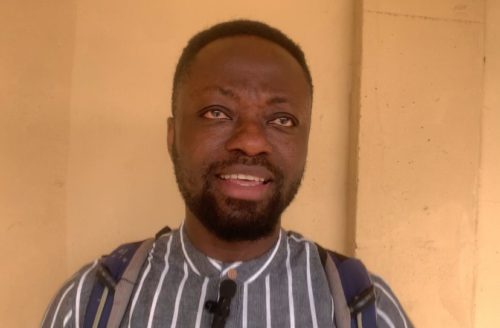
CONCLUSION:
The workshop provided valuable insights for tutors to enhance their teaching techniques, stay informed on institutional policies, and contribute to the overall academic growth of NMTC Tepa. The Principal, Mr. Albert Opoku, expressed his gratitude to all speakers and participants, reaffirming the institution’s commitment to quality education.
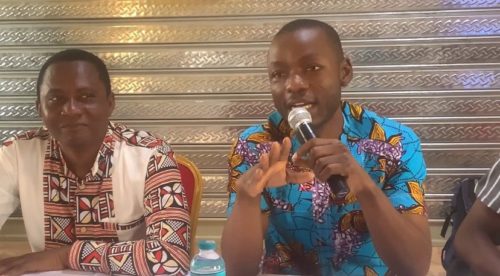
With the knowledge gained from the workshop, tutors are expected to implement innovative teaching strategies, support student development, and uphold academic integrity, ensuring that NMTC Tepa remains a center of excellence in nursing and midwifery education.
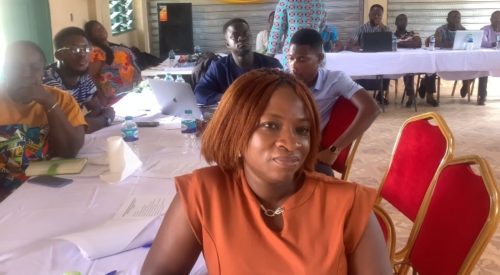
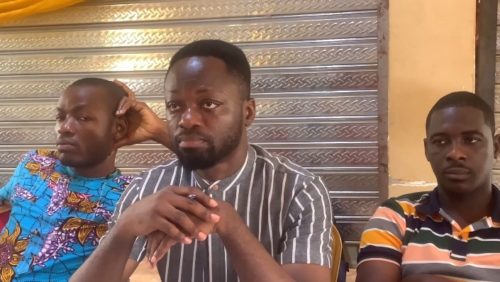
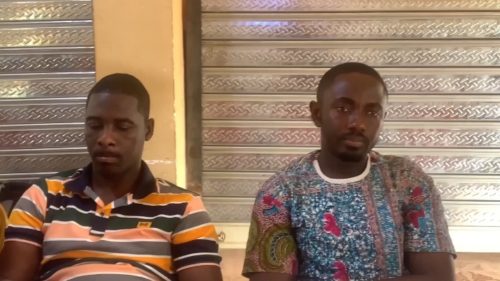
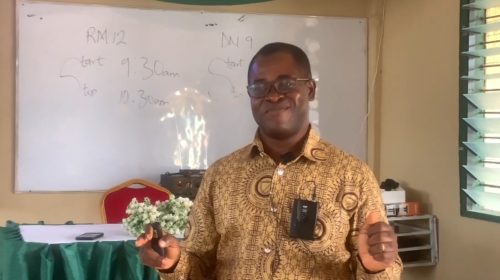
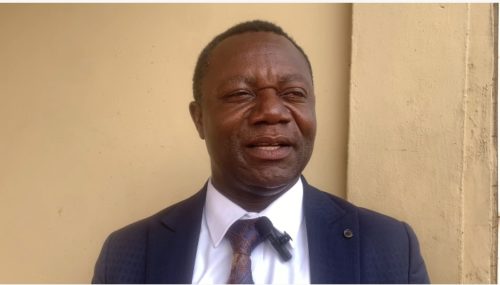
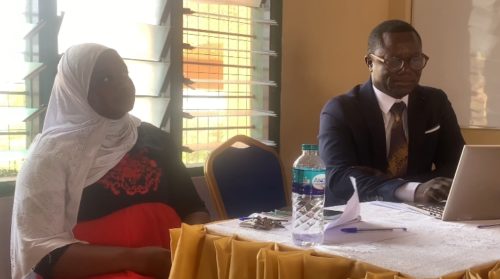
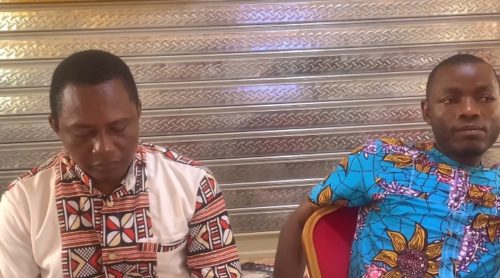
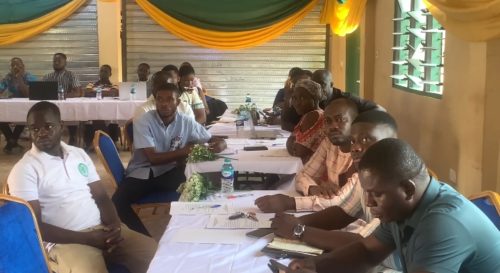
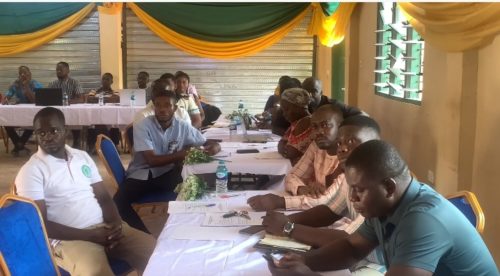
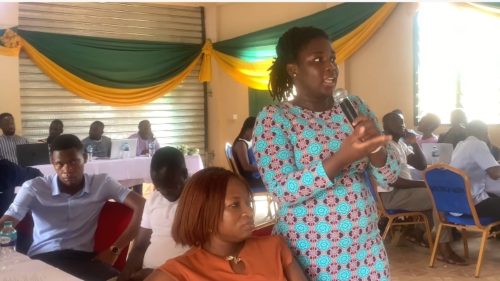
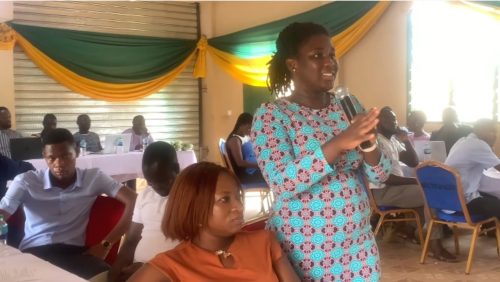
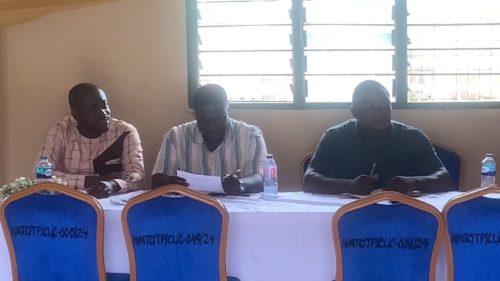
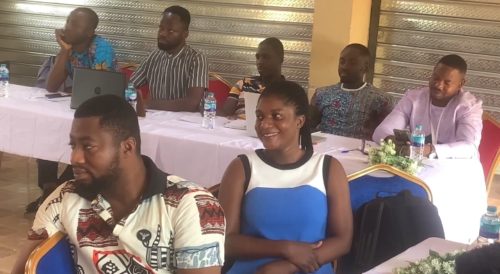
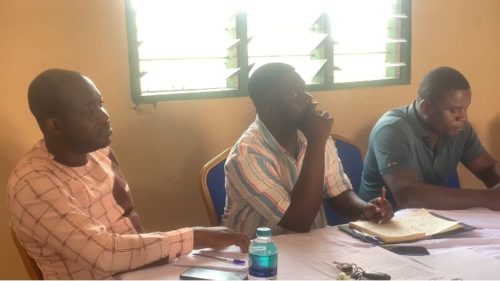
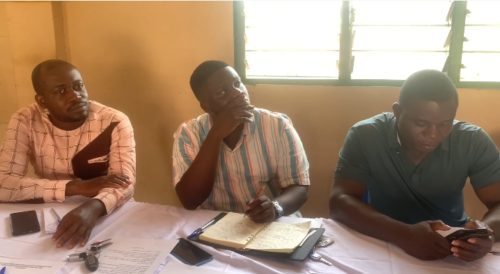
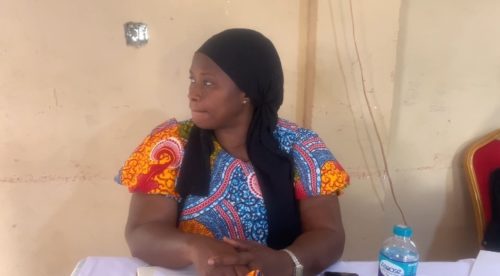
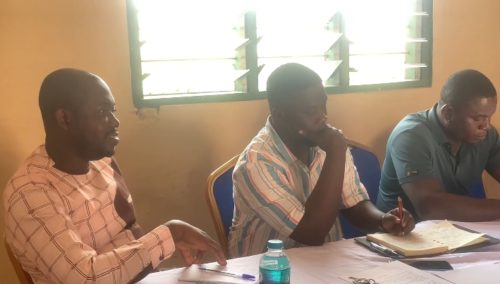
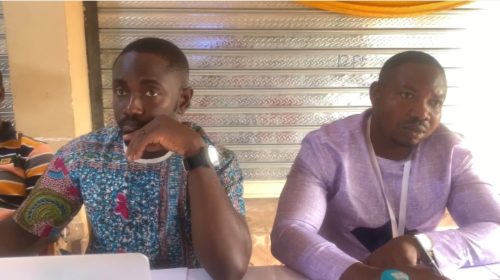
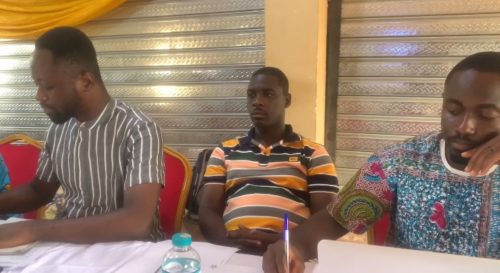
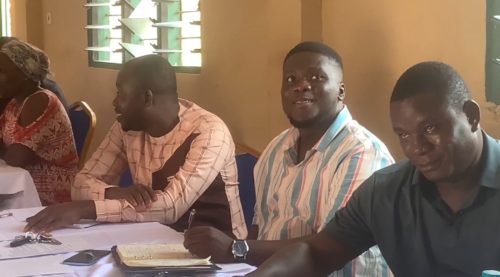
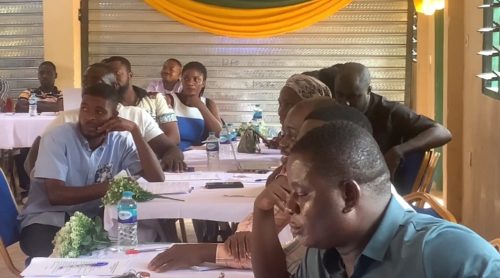
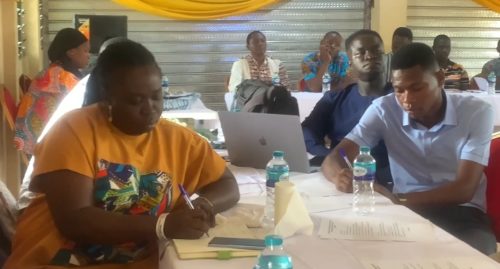
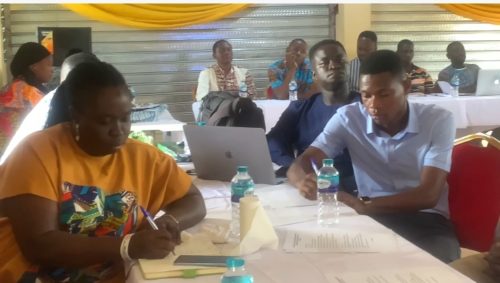
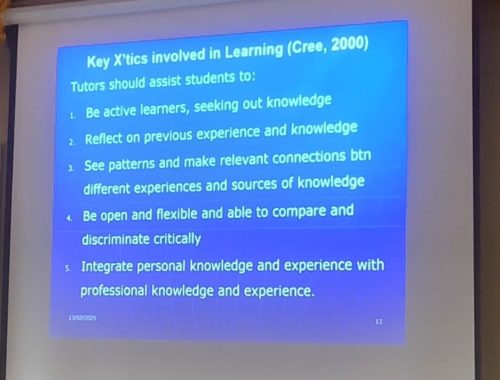
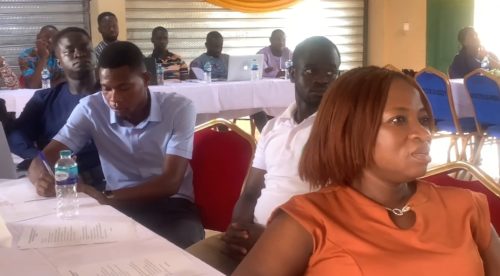
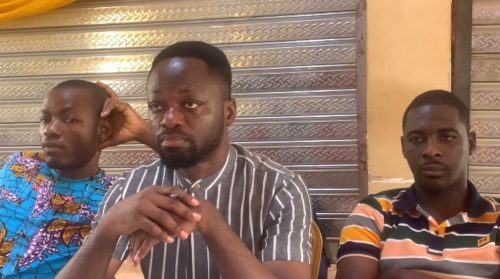
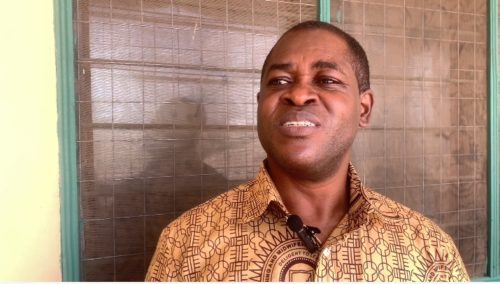
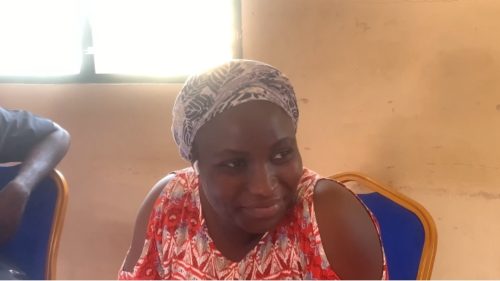
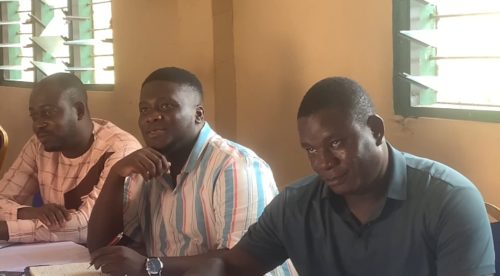
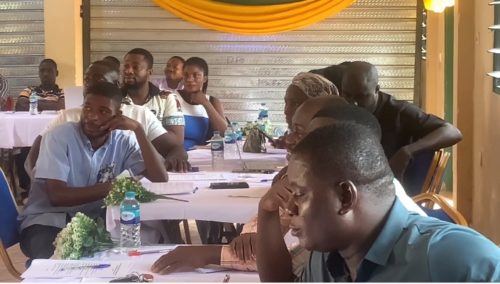
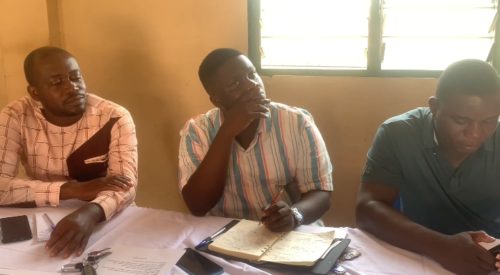
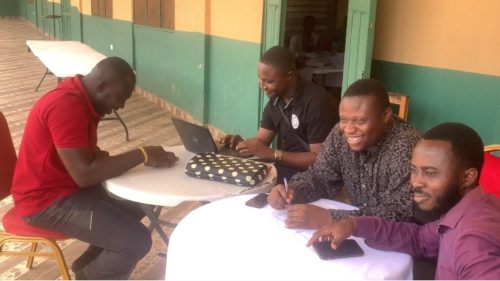
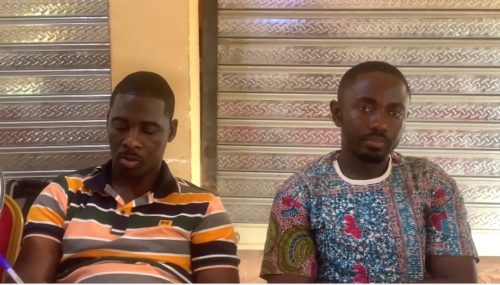
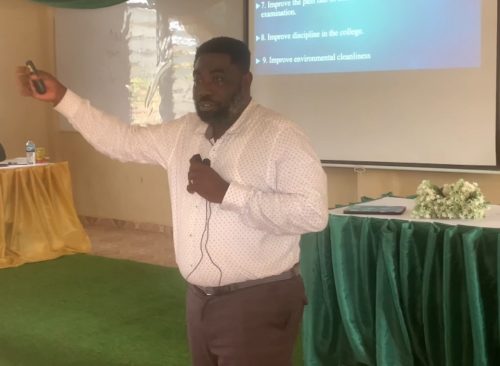
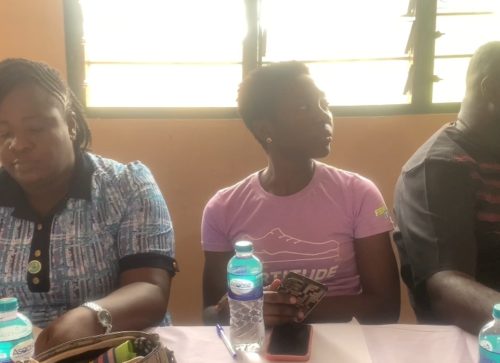
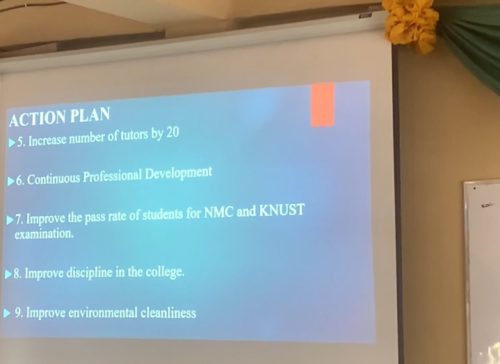
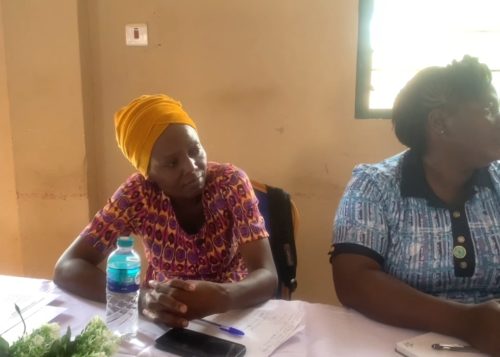
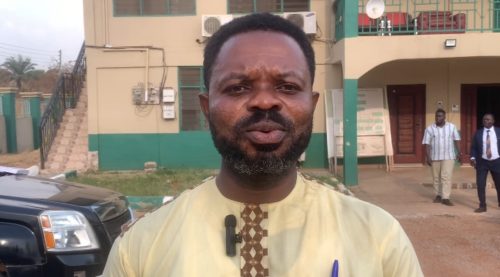
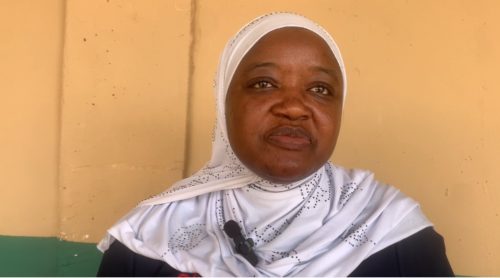
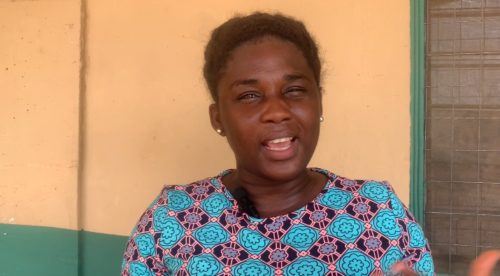
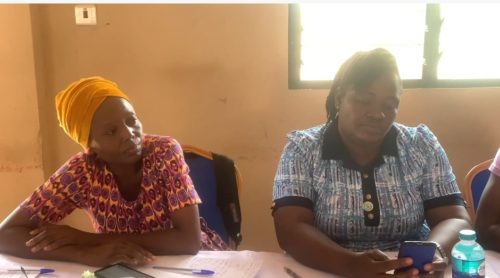
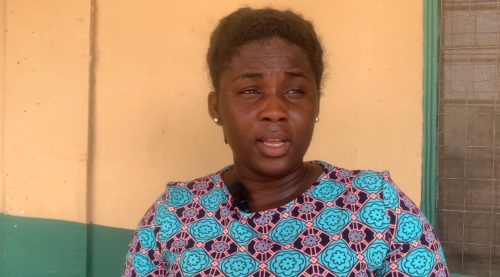
By Simon Opoku Afriyie

